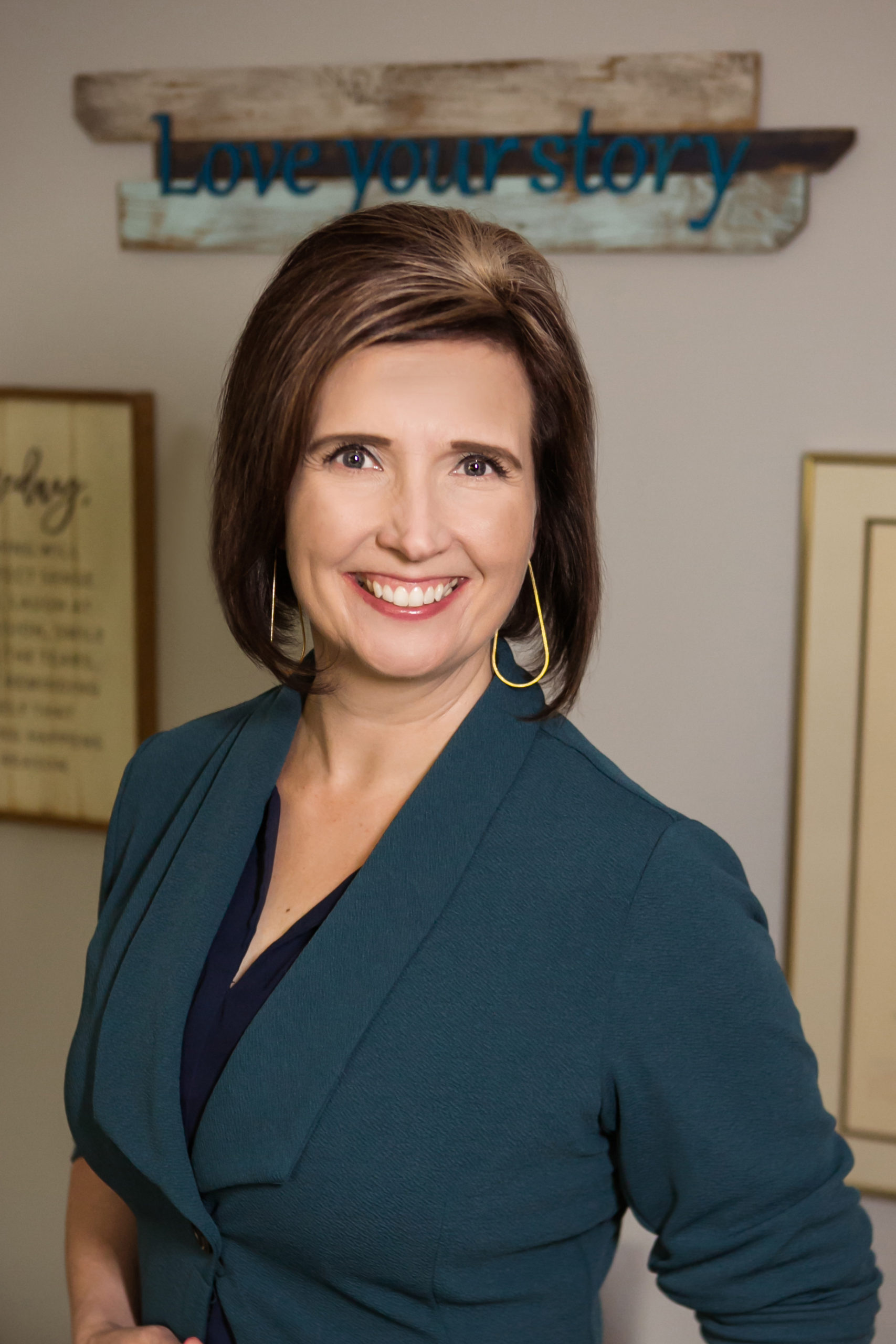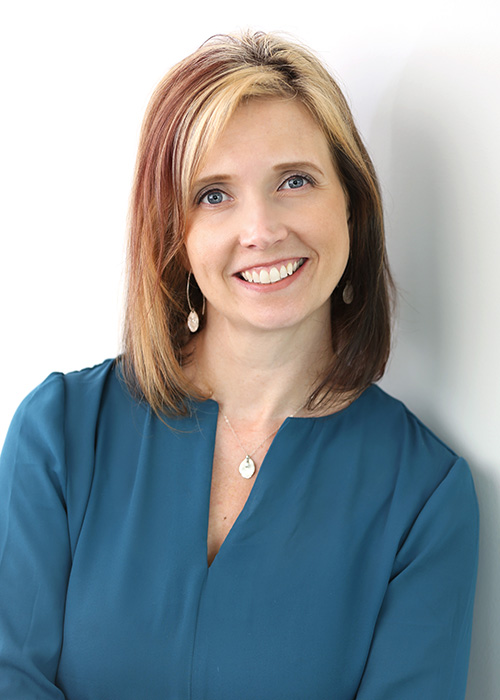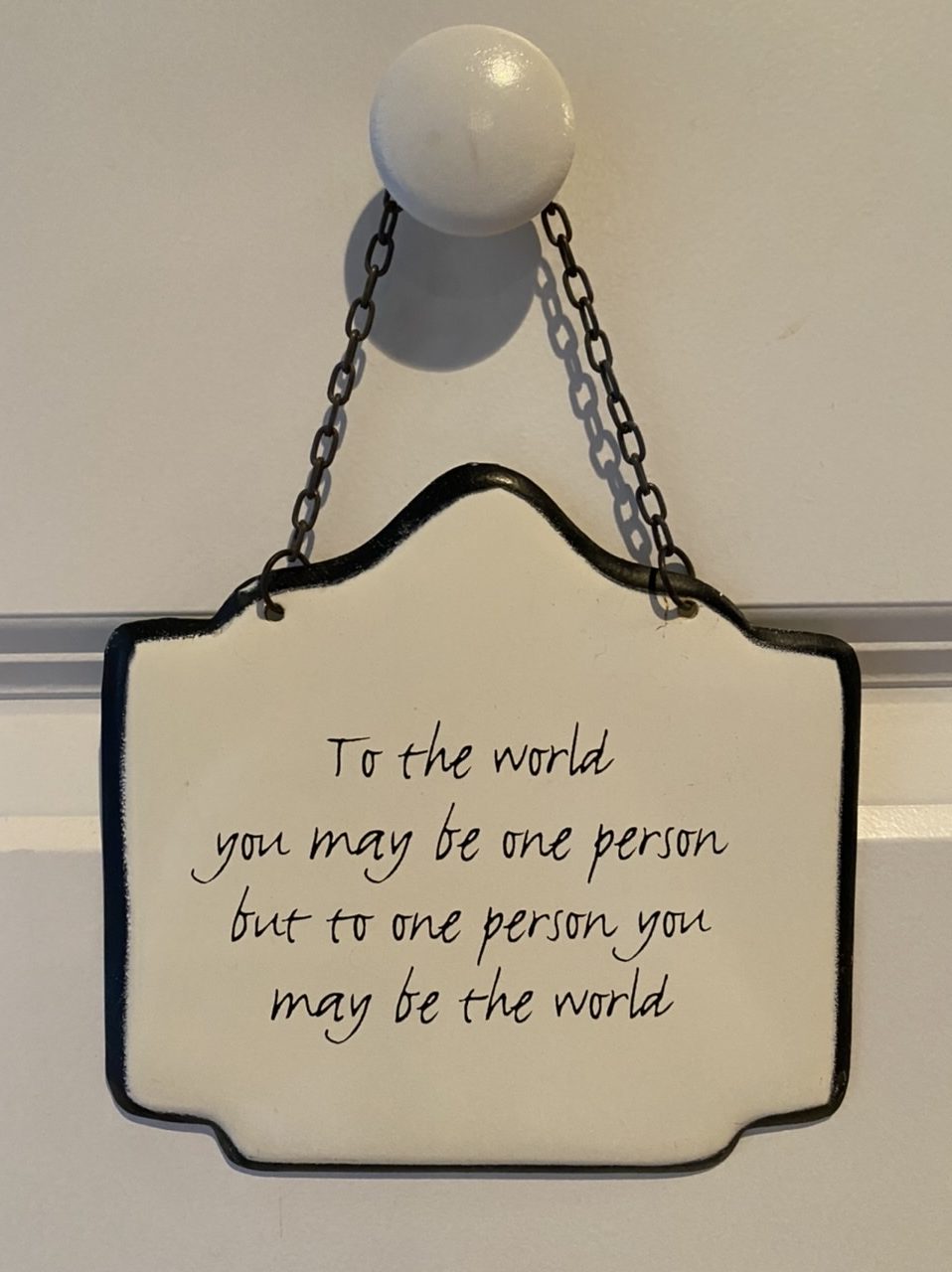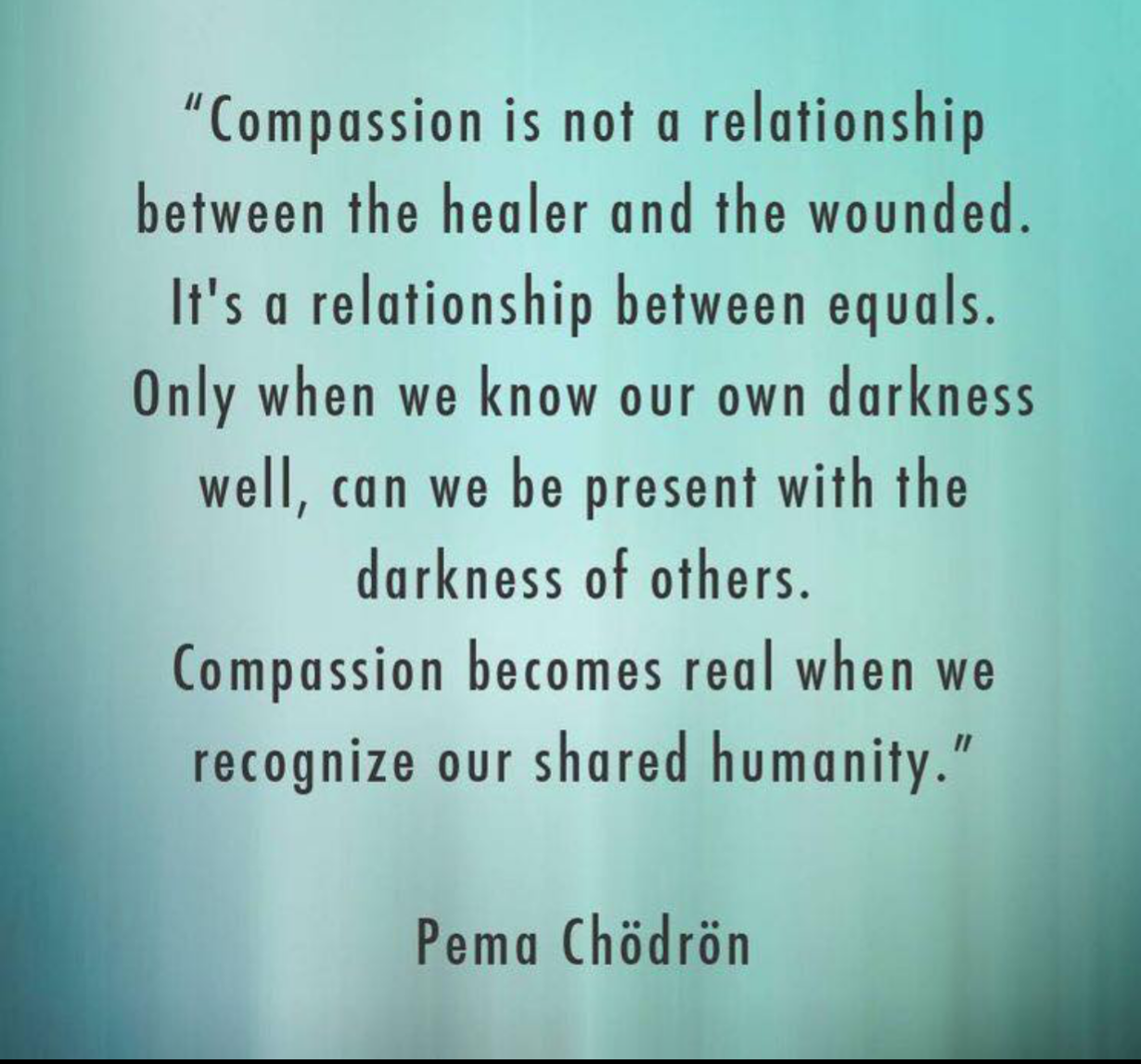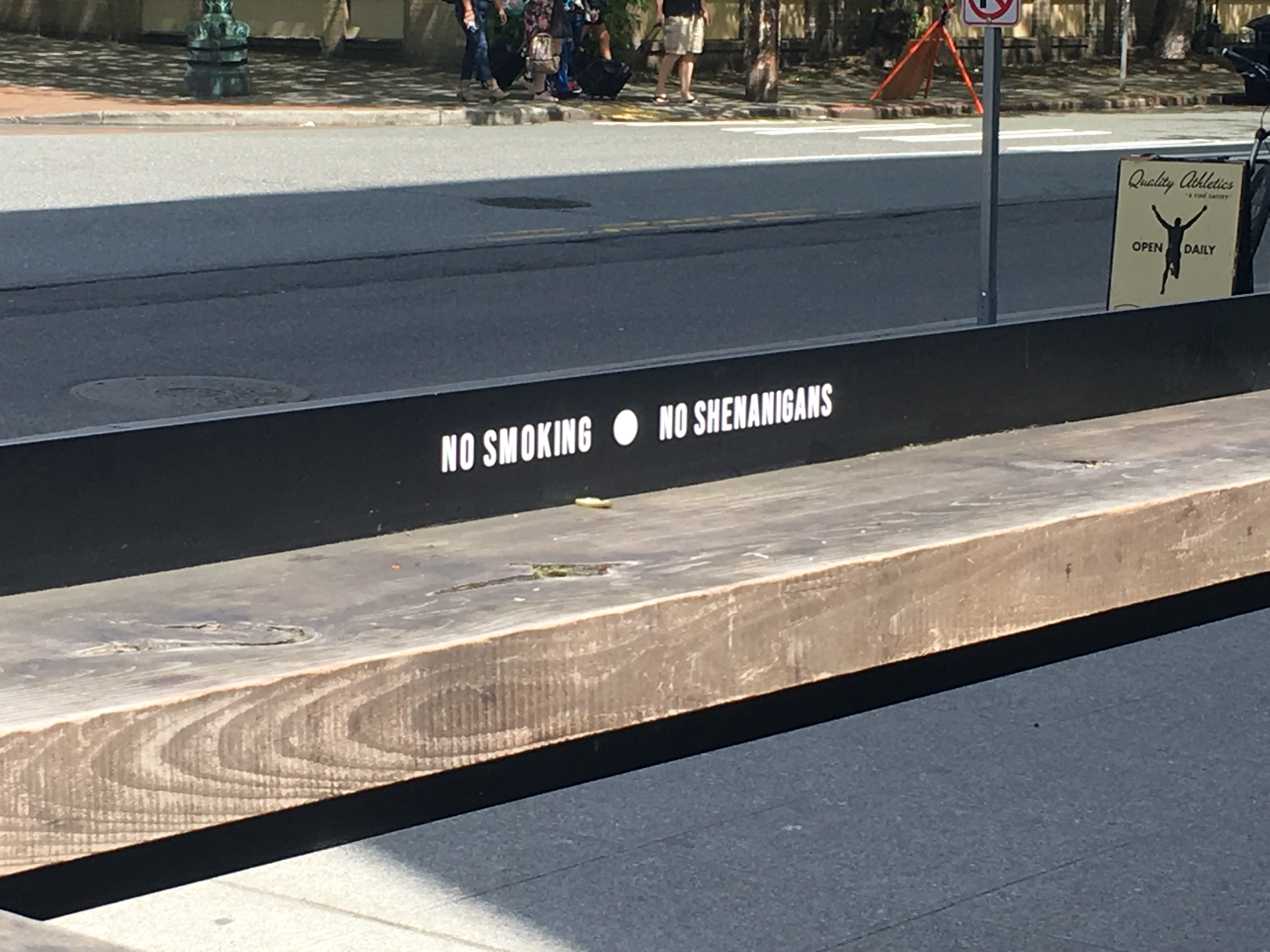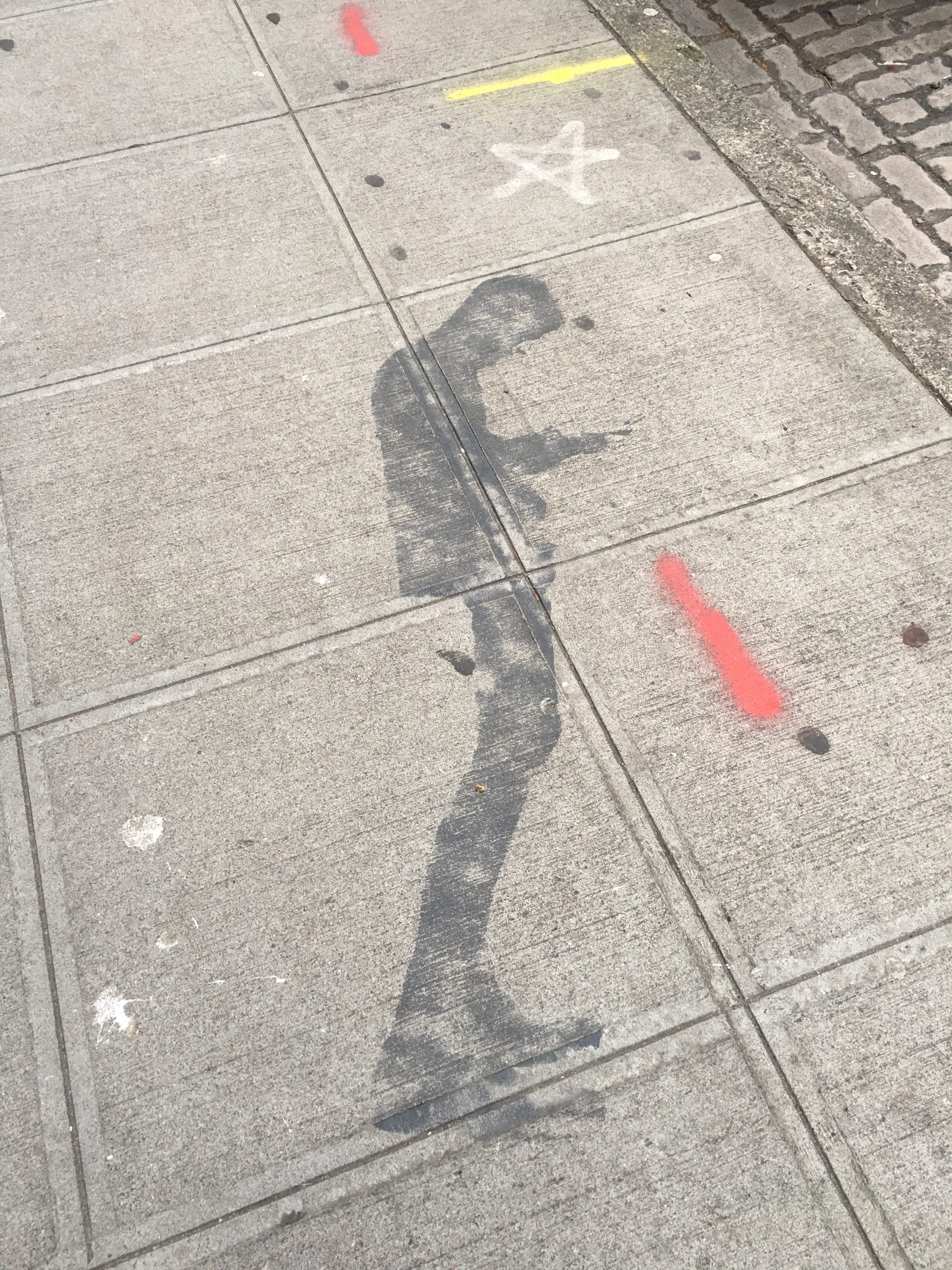What is REALLY happening to you emotionally during COVID-19?
| Hello World! I am hoping that I find you well at this time. However, I know better. None of us are completely well at this point. The COVID-19 virus has usurped our lives and replaced it with social distancing, which feels like social isolation. It doesn’t have to isolate us completely though. And it certainly doesn’t mean we will not adapt and keep moving forward. I am starting a new series of videos on YouTube to help people better understand what is happening to them emotionally during this time. My hope is to help in anyway I can to alleviate some of the strain the virus and resulting social change is causing. Please take a look and see what you think. I apologize ahead of time for any clunkiness in my video. This is my first venture out into YouTube-land and I have no helping hands since I am socially distancing as well. Hope you find this helpful. Link to Dr. Marr’s YouTube channel and video |
